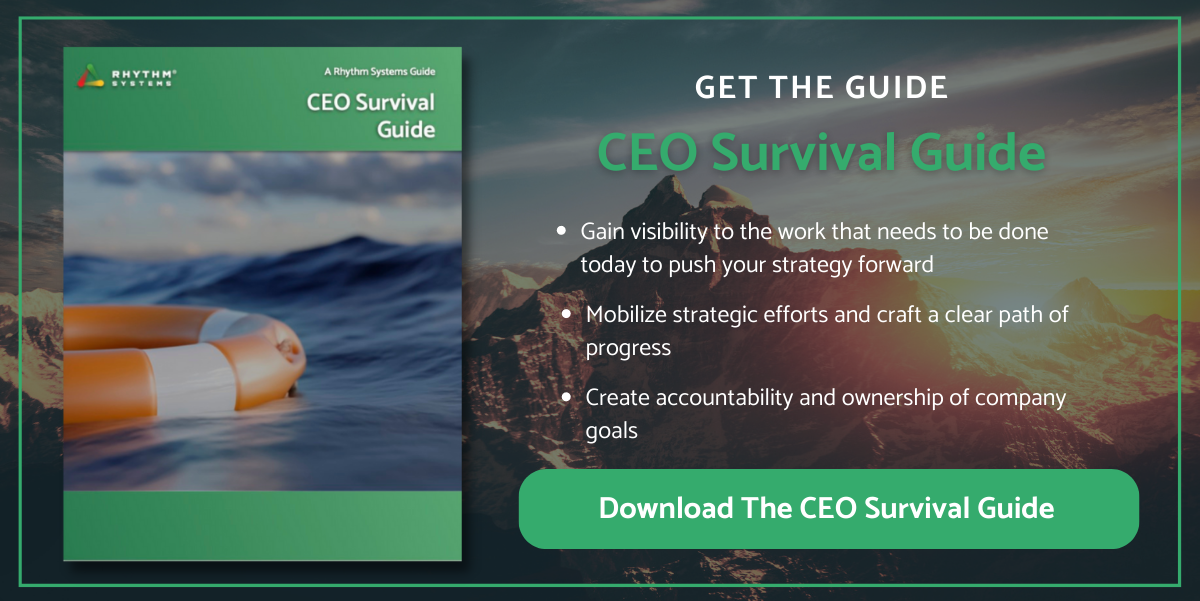Master a Company Culture To Engage Your Employees To Their Peak Performance.
The Key to Creating Peak Performance at Work
The key to creating peak performance at work is to create an environment that encourages employees to do their best and to stretch even further. This means providing them with the tools, resources, and support they need to succeed. It also means recognizing their efforts and rewarding them for their achievements.
Creating a positive work environment starts with setting clear expectations and goals for each employee. Employees should know their expectations and how to achieve those results.
Managing Your Team to Peak Performance
Managing your team to peak performance requires effective communication, clear expectations, and reinforcement. Ensuring that everyone on the team understands their roles and responsibilities and the organization's goals is essential. Additionally, it is crucial to provide coaching, feedback, and recognition for employees who are performing at a high level. This will help motivate them to continue striving for excellence and ownership.
Develop Your Peak Performance Leadership Style
1. Set clear expectations and goals for each employee: Make sure that everyone on the team understands their roles and responsibilities, as well as the goals of the organization.
2. Provide regular feedback and recognition: Lead by example with collaboration and coaching. Acknowledge employees for their achievements to motivate them to continue striving for excellence.
3. Develop your leadership style: Lead by example, understand your mindset, and invest in your relationship. Show them that you are committed to helping them reach their peak performance.
4. Create an environment of accountability: Hold employees accountable for their actions and ensure they understand the consequences of not meeting expectations or goals. Provide milestone goalposts on their path to success.
5. Foster collaboration: Structure teamwork around a common purpose among team members to foster a sense of unity and shared cooperation within the team.
6. Offer incentives: Offer incentives such as bonuses, rewards, or other forms of recognition to motivate employees to reach peak performance levels. Invest in the relationship to understand their love language in this area.
Accountability Equals Motivation
Accountability is an essential factor in motivating employees to reach peak performance. When employees are held accountable for their actions, they are likelier to take ownership of their work and strive to do their best. This can be done by setting clear expectations and goals, providing regular feedback, and offering incentives for meeting or exceeding those goals. Additionally, it is vital to ensure that employees understand the consequences of not.
How to Motivate Your Employees to Peak Performance
Motivating employees to peak performance is essential for any business. Creating a positive, high-self-esteem workplace that encourages employees to reach their full potential is crucial. This can be achieved by removing the fears of failure and rejection, leading to higher performance, lower absenteeism, lower employee turnover, higher productivity, and fewer mistakes. Additionally, it is essential to keep employees motivated and enjoying their job. This can be done by providing incentives such as bonuses or rewards for reaching goals or milestones.
Creating an environment where employees feel valued and appreciated motivates them to peak performance. Acknowledging their hard work and accomplishments will help build confidence and encourage them to strive for excellence. Additionally, providing feedback on their progress will help them understand what areas need improvement and how they can improve. Finally, offering flexible working hours or other benefits may also help.
The Key to Creating Peak Performance at Work
Creating a high self-esteem environment is critical to developing peak performance at work. A positive, high-self-esteem workplace will lead to higher performance, lower absenteeism, lower employee turnover, higher productivity, and fewer mistakes. This can be achieved by removing the fears of failure and rejection that can often hinder employees from reaching their full potential. Discovering how to motivate employees to create a thriving work environment is also essential. Keeping employees motivated and enjoying their job is critical for business success. This can be done by offering incentives such as bonuses or rewards for meeting goals or recognizing hard work and dedication.
By creating an atmosphere of trust and respect, employers can foster an environment where employees feel safe to take risks and challenge themselves without fear of failure or rejection. Employees are more likely to reach their highest performance levels and contribute with this support.

Managing Your Team to Peak Performance
Managing a team to peak performance requires more than just money as a motivator. Creating an environment that encourages collaboration and teamwork rather than individual performance is essential. Motivating and unifying your team can create a better work environment that leads to happier customers and increased profits.
When employees feel valued and rewarded for what they do, they have been proven to perform better than their counterparts. Encourage employees to take ownership of their job duties by allowing them to choose how they work within the company's needs. Put adventure in their hands by allowing them freedom and autonomy in their job. Foster a positive company climate by subscribing to newsletters and mailing lists for news sent straight to the employees.
Develop Your Leadership Style
Leadership is an important skill to have in any organization. It involves setting a vision, inspiring others, and making beneficial decisions for the leader and those they lead. Developing a visionary leadership style is one of the most effective ways to become an effective leader. This style involves adapting your current style little by little while being mindful of your decisions' impact on those you lead.
Leaders should remember that what they do matters to those they lead and strive to make beneficial decisions for themselves and those they lead. By developing a visionary leadership style, leaders can create an environment where everyone feels valued and respected.
Accountability Equals Motivation
Accountability is an essential factor in motivating employees and ensuring expectations are met. Establishing accountability metrics for each department can help ensure everyone is on the same page and working towards the same goals. It's important to develop three core accountability expectations for each department: meeting deadlines, following through on commitments, and staying within budget.
Creating positive experiences for team members is also crucial to motivation. The relationship between managers and their team is significant in employee motivation. Positive, supportive contact between the boss and assistant can lead to higher performance, productivity, and output. Positive reinforcement at work can help build self-esteem and a positive self-image, leading to improved performance. By creating an environment of trust and respect, employers can foster a culture of accountability that will motivate employees to do their best work.
.png?width=500&height=250&name=CEOs%20must%20be%20patient%20with%20their%20approaches%20while%20striving%20towards%20originality%20instead%20of%20conformity%20to%20achieve%20tangible%20results.%20(1).png)
Conclusion
Motivating your team to peak performance takes work, but it is achievable. All it takes is consistent effort and determination. You can maximize your team's potential by instilling the right mindset and fostering an environment of continuous learning. And with these approaches combined, you can boost their performance even further. Learning how to drive performance in a team takes patience, dedication, and hard work, but the rewards are worth it!






